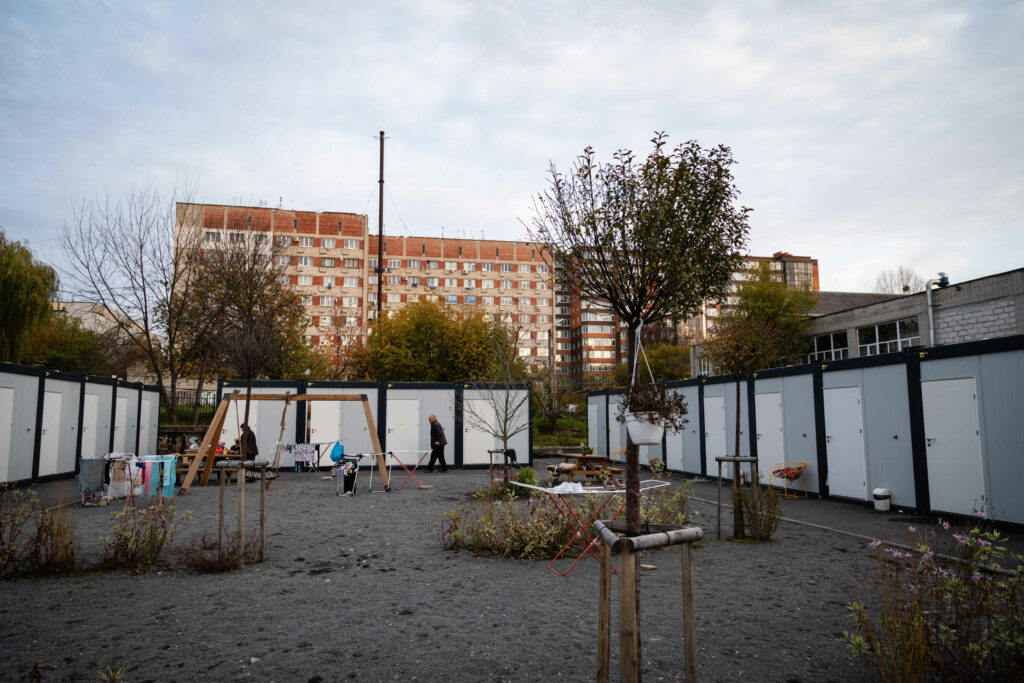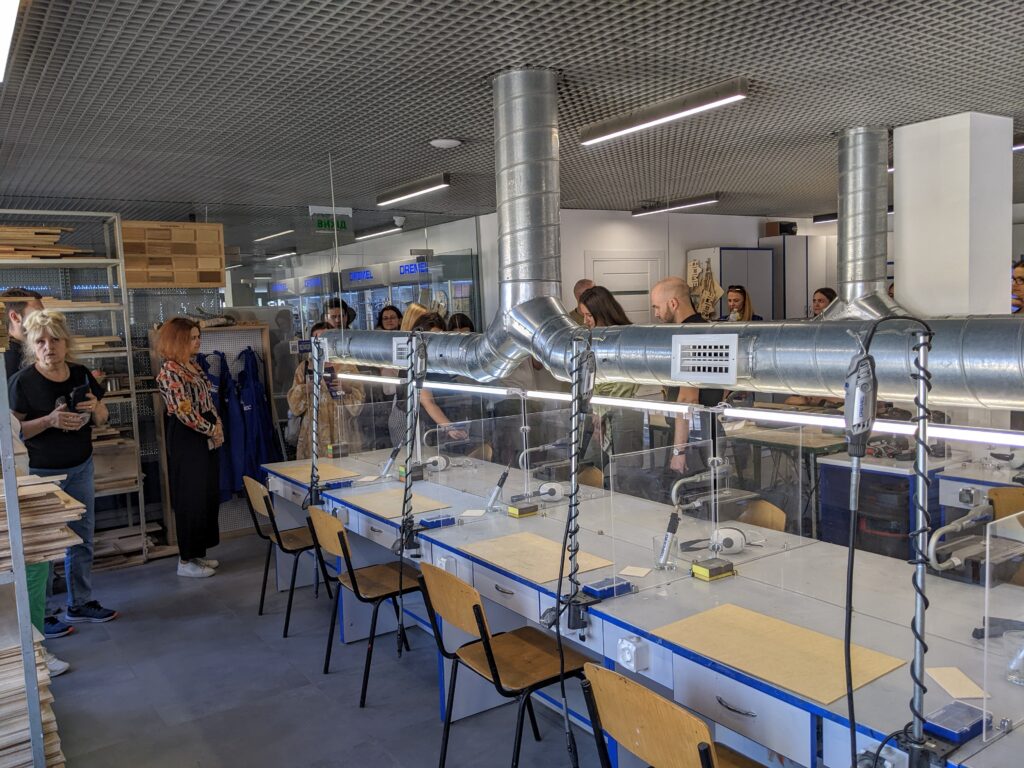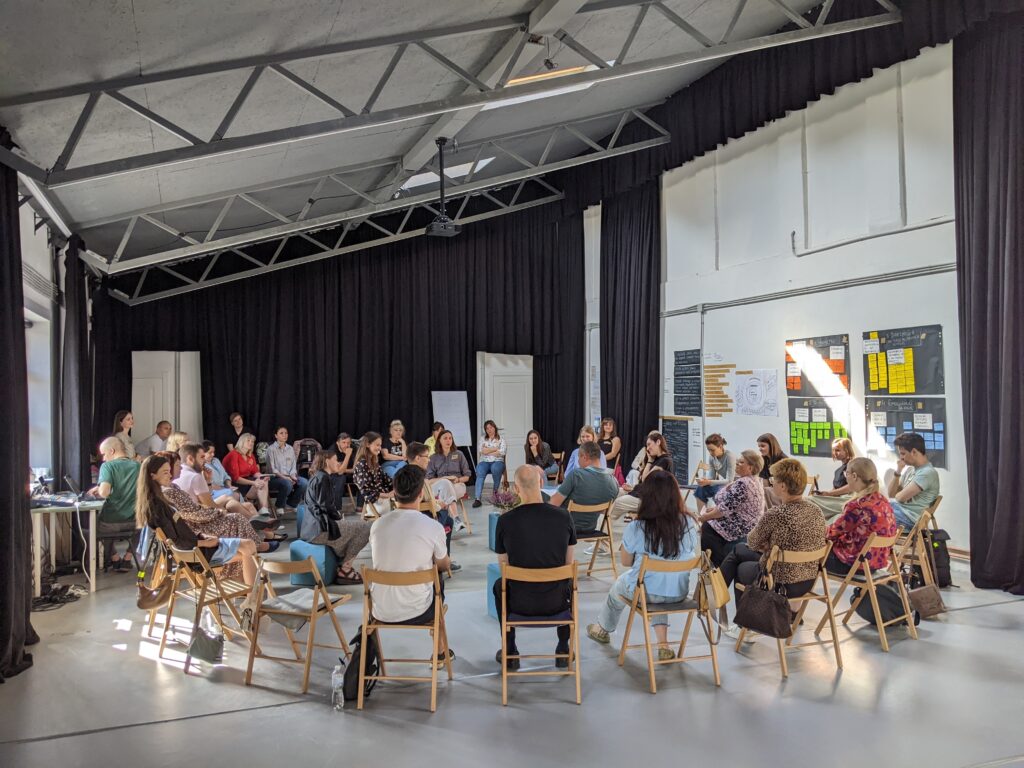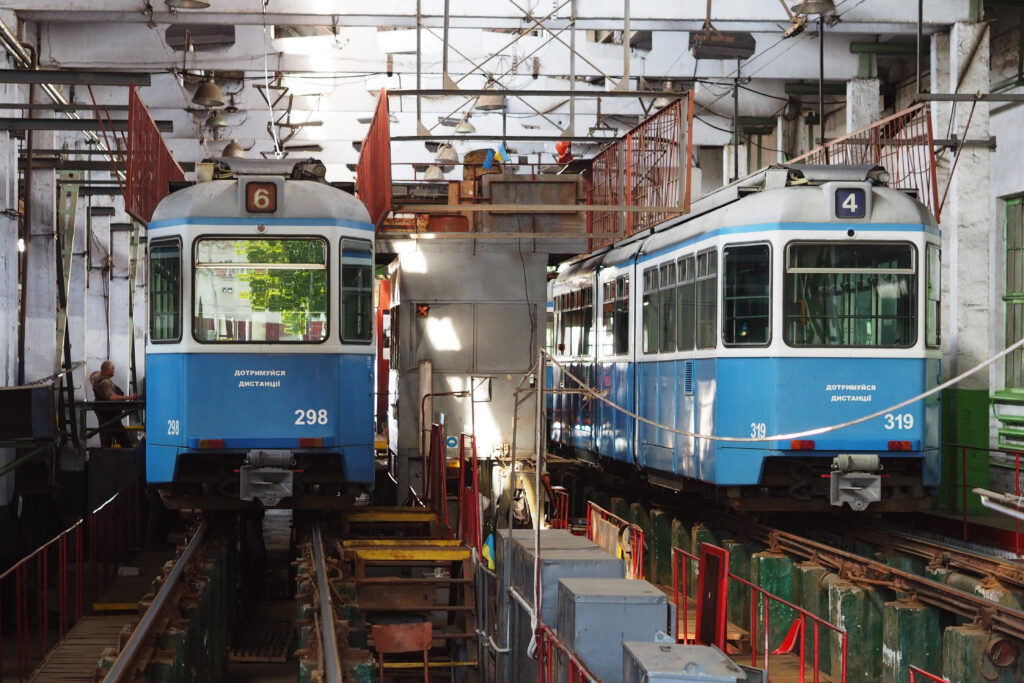In the very first week of Russia’s full-scale invasion of Ukraine, Cedos began researching how the war was affecting society, what people were doing, thinking, and feeling in the conditions of war. Throughout 2022, we worked on this research. One of its key findings is as follows: after the victory, people want to see Ukraine become a more just and more democratic state where the dignity of each person is protected.
The war posed a significant challenge to the entire country. Both the national government and local authorities, as well as international and non-governmental organizations, found themselves in new circumstances, requiring them to re-plan their work in order to respond effectively to new challenges. What changes have occurred? What are the needs of the people and hromadas? What decisions should be made to overcome the negative consequences of war and achieve the development of the country? Finding answers to these questions is impossible without data, analysis, and research.
Cedos is currently working to find ways to address the social problems that Ukraine has faced and to provide society and the state with solutions to better plan recovery and reconstruction, aiming for just and democratic development.
Today, we have four priorities: housing, education, social policy, and local development.

Housing
The warfare and massive destruction of cities, buildings, and communal infrastructure left thousands of people without housing. Millions of Ukrainians were forced to leave their homes and seek shelter in other regions of the country, and all of them faced the need to find housing. Renting, social housing, and temporary shelters became key solutions to this problem.
- Last year, Cedos conducted an analysis of the social, temporary, and crisis housing system in Ukraine. We collected data on the key challenges hindering its development in territorial hromadas and proposed directions for improving the situation.
- We also prepared a legal guide on rental housing, addressing key questions about how to rent and lease housing. It assists both tenants and landlords in fulfilling their obligations and respecting each other’s rights.
- Based on our research in Ukraine and our analysis of international experience, Cedos proposed recommendations for the development of a law on the key principles of state housing policy. The Ministry for Communities, Territories and Infrastructure Development of Ukraine is working on this document, which is intended to replace the Housing Code, often referred to as “outdated.”
- In the spring of 2022, we proposed a list of key principles on which the update of housing policy in Ukraine should be based, taking into account the challenges of the war. Cedos has contributed to the development of the government’s Housing Recovery Plan and has also prepared an analysis of this document. The organization continues to monitor key decisions and changes in housing policy.
Today, Cedos is researching the housing needs of cities and hromadas, as well as preparing recommendations for international humanitarian organizations regarding the creation of social housing development support programs.

Education
The full-scale Russian invasion has caused an interruption of education throughout Ukraine. Forced displacement, destruction of educational institutions, danger of shelling, and a lack of shelters has led many students to continue their studies in an online format. This has resulted in significant educational losses, coming right after several years of the COVID-19 pandemic.
- Last winter, Cedos conducted research on the impact of the full-scale war on secondary education in Ukraine, combining quantitative and qualitative methods: a national survey of parents and case studies in the hromadas of Kyiv, Chernihiv, and Kharkiv Oblasts. The results of this work help to attract funds for the reconstruction of Ukrainian schools and provide recommendations for the recovery process.
- At the end of 2022, we analyzed approaches to measuring and compensating for educational losses, preparing proposals for filling gaps and discrepancies in knowledge and skills among education seekers in Ukraine.
- As part of monitoring key changes and decisions in the field of education, Cedos prepared a review on the readiness of the sector to join the EU and analyzed the government’s Recovery Plan in the areas of secondary and higher education.
Currently we are studying the impact of the war on the working conditions of teachers and professors, as well as analyzing the needs of psychological service in schools.

Social Policy
In one way or another, the full-scale war has made all people living in Ukraine more vulnerable. The situation for the least protected social groups has become even more precarious. Many people have lost their jobs and their means of livelihood, and their financial situation has deteriorated. Mass forced displacement has only complicated the situation. The need for humanitarian and social assistance and care has grown.
- In 2023, for the World Bank, Cedos is working on an analysis of the social impact of the war on vulnerable social groups, with a particular focus on people with disabilities, the elderly, youth, internally displaced persons, veterans, gender aspects and LGBTQI+, employment, and civil society participation. The aim of this work is to prioritize recommendations for changes in state policies and capital investments in the social sphere.
- Last fall, we also conducted a national representative survey on the Ukrainian society’s attitude towards social and economic support programs and their needs. This data is an important source of information for planning state policies and programs.
- At the end of 2022, Cedos also participated in a study on the impact of the war on youth in Ukraine, using both qualitative and quantitative methodologies. This data complements the regular monitoring of the situation of youth in the country and provides evidence for adjustments to state youth policy in new circumstances.
- While working on monitoring key decisions and events in the field of social policy, we analyzed the draft of the Recovery Plan regarding the return of displaced persons and prepared a review of the readiness of the employment and social policy sectors for Ukraine’s accession to the EU.
Currently, our work is focused on researching the impact of the war on the working conditions of social workers and on the readiness of hromadas to provide social services to veterans, as well as the outsourcing of social services to non-governmental providers.

Local Development
Cities, towns, and hromadas are the levels of state closest to the people, where the administration of housing, education, and the provision of social services takes place. Destruction, reconstruction, and recovery also occur in specific places. Public participation in local development issues is the basis for forming a democratic political culture.
- Cedos is implementing several projects to help hromadas involve local residents in addressing various local development issues: spatial or strategic planning, youth participation, integration of internally displaced persons. Currently we are working with 10 hromadas and providing consultations to an additional 24. We plan to expand this number soon.
- Together with WNISEF, we support 10 hromadas in developing community building centers, which are accessible public spaces where different social groups can spend their free time and interact with one another. The project includes grants of 1 million hryvnias each for creating or upgrading the physical spaces of the centers and developing their programs, as well as an educational program and mentoring support for hromadas.
- Mistosite, our urban online media, continues working. By publishing articles dedicated to helping hromadas in addressing local issues, housing development, and other relevant urban topics, we create a platform for the development of urban studies and critical discussions on urban issues.
- Given the significant challenges that cities and hromadas face in housing and recovery issues, in 2023, we held the fifth Ukrainian Urban Forum in Vinnytsia. Activists, professional communities, as well as representatives of government bodies and non-governmental organizations had the opportunity to network and establish contacts. These discussions were complemented by the urban podcast Rynok Vyrishyt? (“Will the market resolve it?”). The forum’s declaration proposed 5 key principles for Ukraine’s recovery: justice, participation, subsidiarity, credibility, and sustainability.
We believe that every person has the right to a decent standard of living. The idea of dignity was at the heart of the 2014 revolution, as well as the Ukrainian society’s unprecedented response of solidarity and mobilization against the full-scale Russian invasion in 2022. If these same values of solidarity become the basis of state policies, they will help Ukraine become a state of dignity and welfare. We are working to gather data and make plans on how society and the state can achieve this goal.
Support Cedos
During the war in Ukraine, we collect and analyse data on its impact on Ukrainian society, especially housing, education, social protection, and migration









